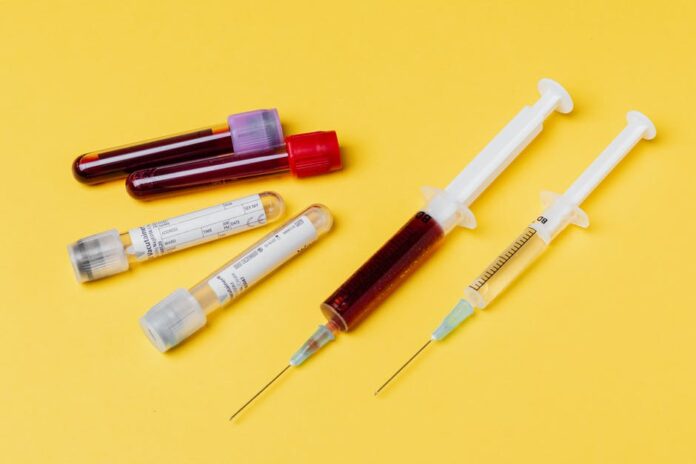As a healthcare worker, you must know what bloodborne pathogens are. You need to keep yourself and your patients away from them to prevent exposure. The best way to do that is to learn what these organisms are.
You should also know how to manage a clean and safe environment. This is to prevent exposure altogether. Read on for more information about bloodborne diseases. And, how to protect yourself from them.
What Are the Bloodborne Pathogens?
Bloodborne pathogens are microorganisms that can cause disease in humans. These microorganisms are present in blood and body fluids. It can get transmitted from one person to another through direct blood contact.
Bloodborne pathogens can cause serious and sometimes fatal infections. There is no cure or prevention for these diseases yet.
Different Types of Bloodborne Pathogens
The most common are viruses, bacteria, and parasites. These pathogens can get transmitted through contact with contaminated blood or body fluids. Bloodborne pathogens can cause a variety of illnesses, ranging from mild to deadly.
Viruses
Viruses are one type of bloodborne pathogen. Some viruses cause diseases such as HIV and hepatitis B. It can cause serious and even life-threatening diseases. Other viruses, such as the flu, usually cause milder illnesses.
Bacteria
When these bacteria enter the bloodstream, they cause several serious and fatal diseases. It includes sepsis, meningitis, and endocarditis.
To prevent the spread of these diseases, it is important to practice good hygiene. And, avoid contact with contaminated blood.
Parasites
Some of the diseases caused by bloodborne pathogens include HIV, hepatitis C, and malaria. Parasites can also get transmitted through the blood. These types of parasites can cause problems such as anemia, diarrhea, and vomiting.
How to Protect Yourself
If you come into contact with blood or body fluids, it is important to wash your hands and any other exposed body parts immediately and with soap and water.
You should also avoid sharing personal items (such as towels, razors, and toothbrushes) with others. If you get exposed to blood or body fluids, it is important to seek medical attention immediately.
You can learn more about bloodborne pathogens, their mode of transmission other safety concerns, and exposure by getting bloodborne pathogen training certification.
Learn to save lives by visiting https://cprcertificationnow.com/products/bloodborne-pathogens-certification-online.
Learn To Avoid These Disease-Causing Organisms Starting Today
Bloodborne pathogens are dangerous microorganisms that infect people through contact with blood or other body fluids.
It is important to take precautions to avoid exposure to these pathogens, such as wearing gloves and other protective gear when handling blood or body fluids.
If you think you got exposed to a bloodborne pathogen, it is important to seek medical attention immediately. So, what are you waiting for? Be sure to protect yourself from communicable diseases and start saving more lives today!
Did you find this article helpful? If so, then be sure to check out the rest of our blogs!








